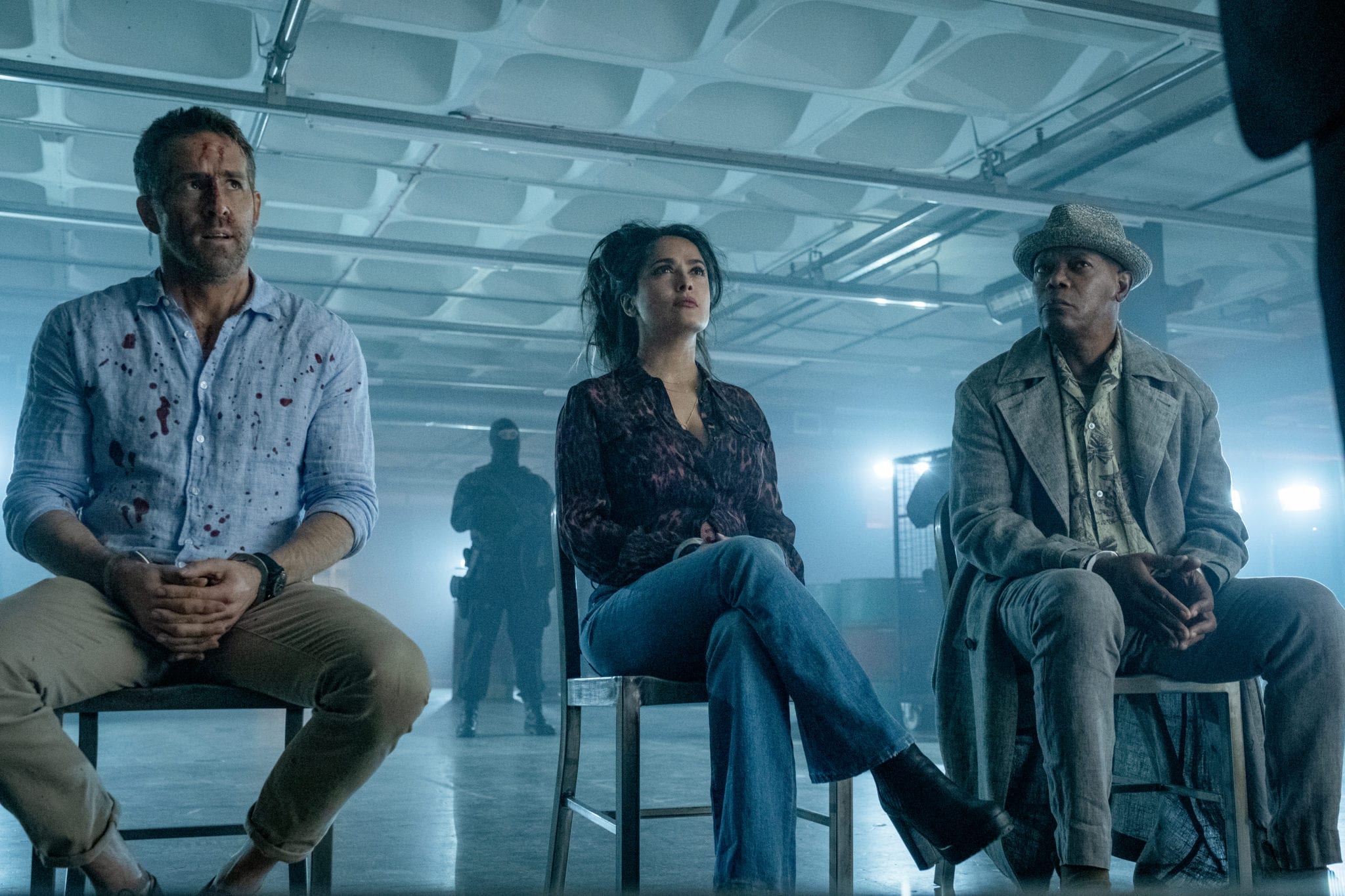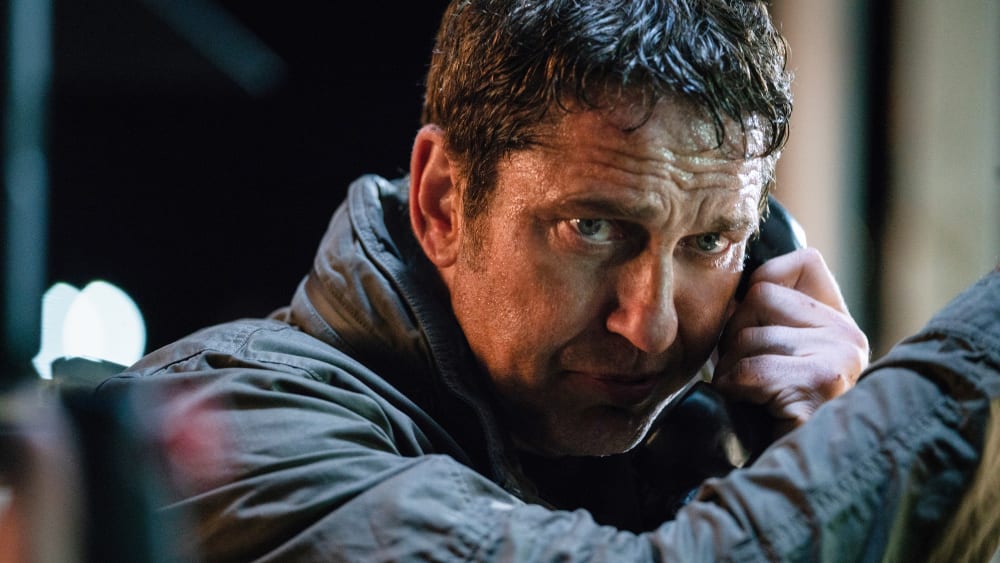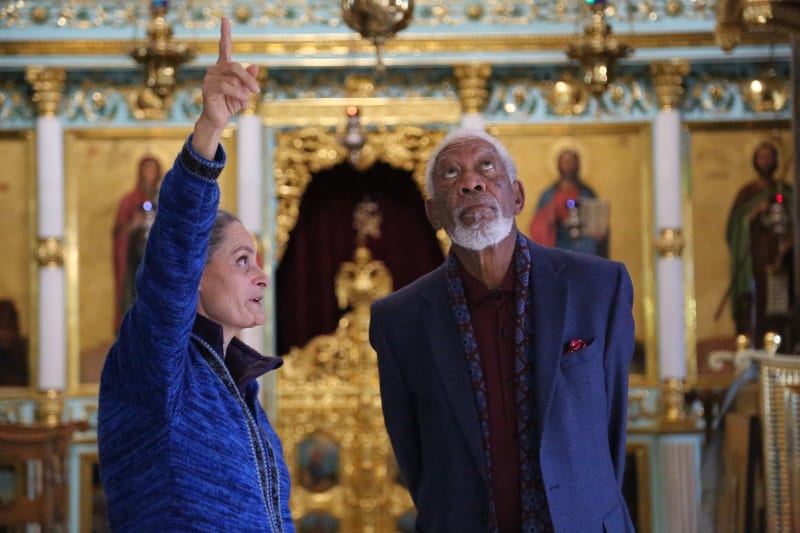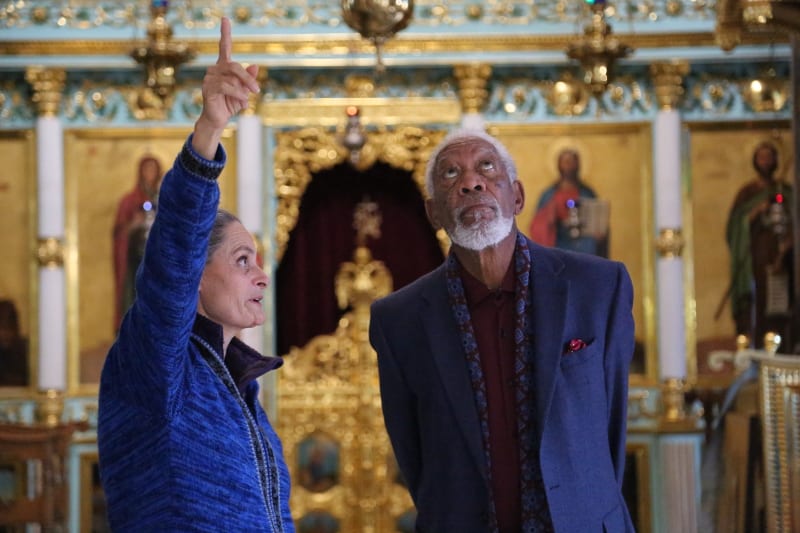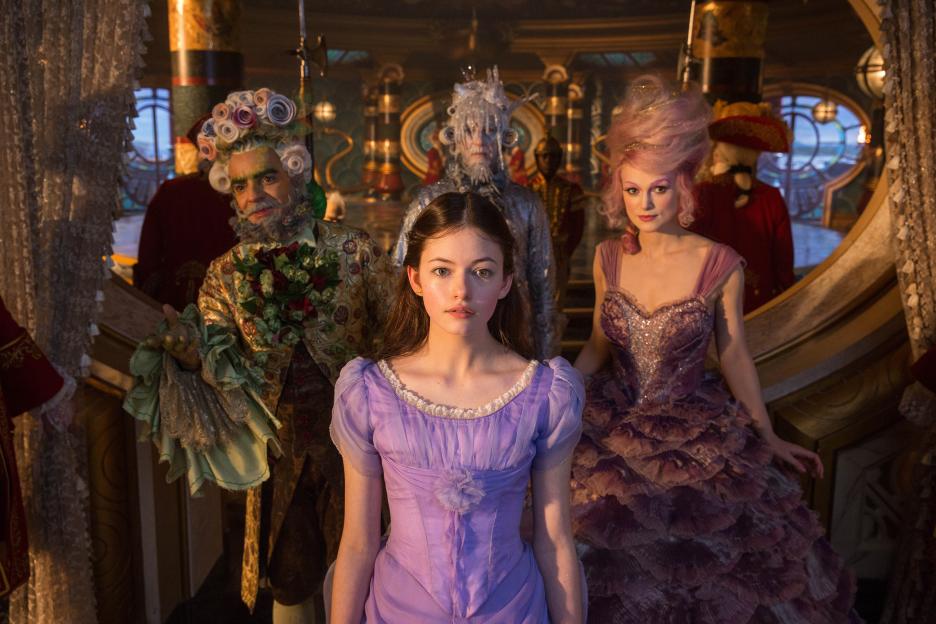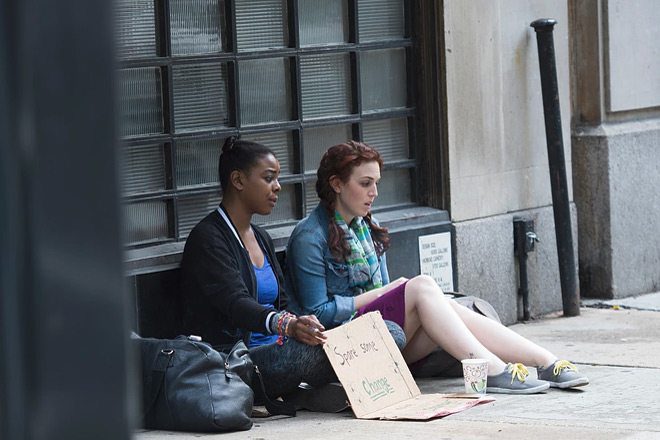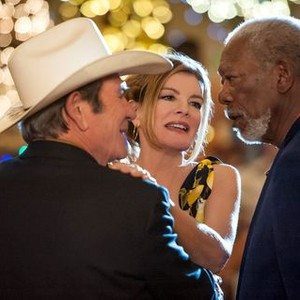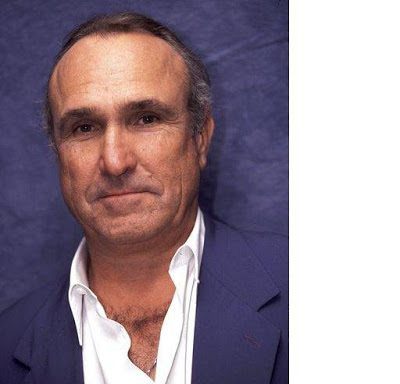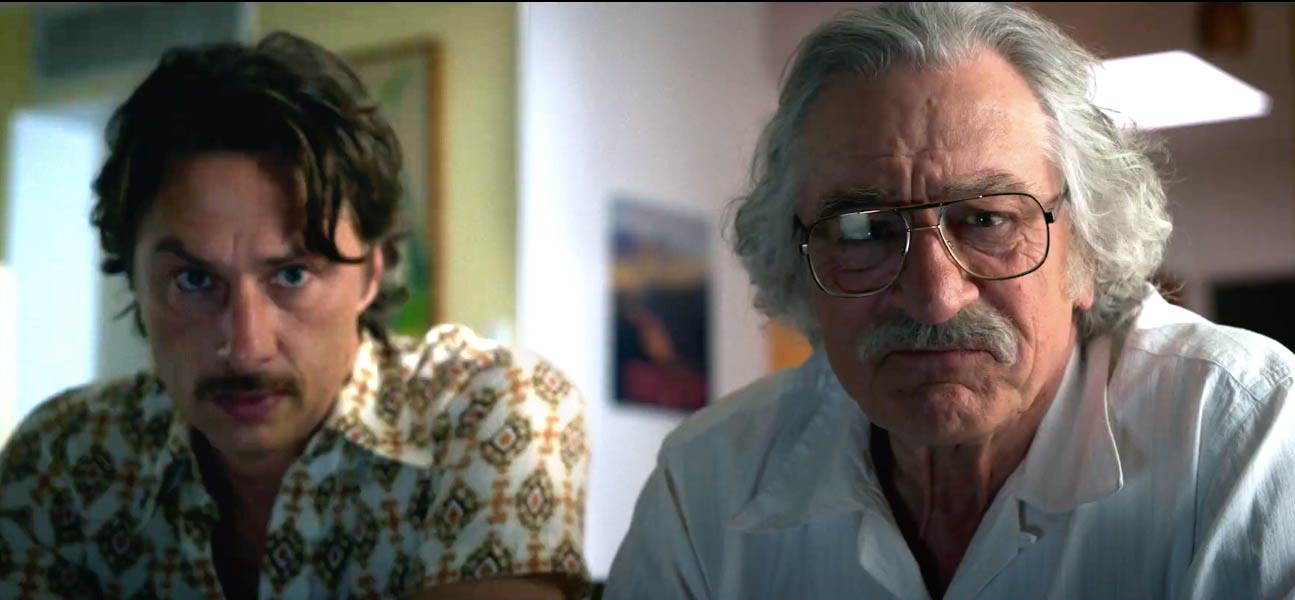
The Comeback Trail: Hollywood is Murder
The Comeback Trail?follows Max Barber and Walter Creason (Robert De Niro and Zach Braff), two down-on-their-luck Hollywood producers who can?t seem to make a hit. In debt with a ruthless mobster (Morgan Freeman) and trying to stay afloat, Max gets an idea for a scam that could bail them out of financial ruin. For their…

